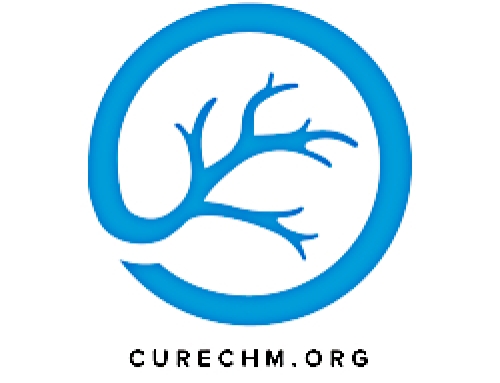Nightstar Therapeutics has announced the initiation of the company’s STAR Phase 3 registrational trial to study the safety and efficacy of NSR-REP1 in patients with choroideremia. In data from 32 patients treated with NSR-REP1 across four open-label Phase 1/2 clinical trials, over 90% of treated patients maintained or improved their visual acuity over a one-year follow-up period.
The STAR trial is expected to enroll approximately 140 patients across 18 clinical sites in the United States, Europe, Canada and South America, of which six sites will be surgical centers. Eligible patients will be randomized into one of three study arms: 56 patients receiving a high-dose of NSR-REP1 in one-eye (1.0 × 10^11 genome particles, or gp); 28 patients receiving a low-dose of NSR-REP1 in one-eye (1.0 × 10^10 gp); and 56 patients receiving no treatment (no-sham, parallel control arm). Patients in the STAR trial are expected to be recruited primarily from the existing Nightstar-sponsored natural history observational study (NIGHT study) in order to accelerate Phase 3 enrollment from this well-characterized patient population. The primary endpoint of the STAR trial is the proportion of patients with an improvement of at least 15 ETDRS letters from baseline in visual acuity at 12 months post-treatment. The primary endpoint will compare patients in the high-dose treatment arm with patients in the control arm.
“The initiation of this first-ever Phase 3 trial for the treatment of choroideremia is a major milestone for Nightstar and a tremendous step forward for patients otherwise at risk of blindness due to this devastating disease,” said Dave Fellows, chief executive officer of Nightstar. “We are very encouraged by the responses we have seen to-date following treatment with NSR-REP1. This accomplishment demonstrates our team’s ability to successfully advance important gene therapies. We are thankful to our academic and advocacy partners, as well as the many patients who have participated in our studies, all of whom have been instrumental in helping us to achieve this milestone.”
“The Choroideremia Research Foundation is encouraged by the advancement of this gene therapy and congratulates the Nightstar team for their unrelenting commitment to serving patients,” said Randy Wheelock, chief advisor for research and therapy development for the Choroideremia Research Foundation.
Dr. Christopher Moen, president of the CRF commented, “Not only is this important for choroideremia patients and their families, but it is another important step toward developing therapies for the many people affected by blinding inherited retinal diseases, of which over 200 have been identified. The CRF is proud of its contributions in helping Nightstar achieve this milestone, including grants for initial research and preclinical studies. We look forward to realizing the full potential NSR-REP1 could have for patients with this challenging condition.”





